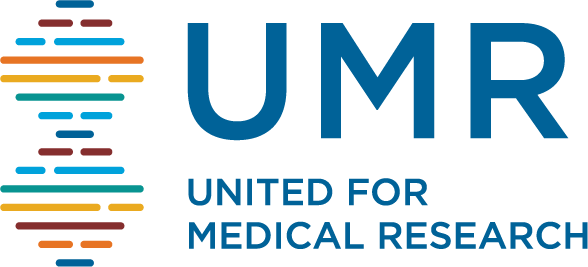December 17, 2010
Yesterday, United for Medical Research released the following press statement, urging Congress to approve $32 billion for the NIH FY2011 budget, included in the omnibus appropriations bill.
Congressional Omnibus Vote Would Provide Boost to Health and Economy Through NIH Research Funds
Statement of Gregory T. Lucier, United for Medical Research spokesperson and
Chairman and Chief Executive Officer of Life Technologies
WASHINGTON – “On behalf of United for Medical Research (UMR), a coalition of leading research institutions, patient and health advocates and private industry joined together to seek steady increases in federal funding for the National Institutes of Health, I urge the U.S. House and Senate to approve $32 billion for the NIH FY2011 budget, included in the omnibus appropriations bill.
“A $750 million increase for NIH could fund research on the application of molecular medicine and genomics to predict and detect cancer at the earliest stages, help in the continued work to develop an artificial pancreas aiding the 23 million Americans struggling with diabetes, and expand a critical study to assess whether maintaining a lower blood pressure than currently recommended will further reduce the risk of heart disease, stroke, kidney disease, cognitive decline and dementia.
“As we face tough economic times, NIH funding is not only a vital tool in our pursuit to reduce the burden of disease and its associated health care costs, but it also yields significant dividends for our nation, from job creation and life sciences industry growth to better quality of life for millions of patients and families. In fact, six million high wage jobs in the U.S. are fueled by NIH research.
“This modest increase in funding for research can bring relief to the millions of patients suffering from chronic diseases, like cancer, diabetes, heart disease or stroke. With increased opportunities for scientific discovery and innovation in life-saving research, it means the next generation of treatments and cures will reach those suffering or at risk for disease.
“Speaking for UMR’s millions of patients, health advocates and researchers, I encourage Congress to vote to enable NIH-supported research to continue paying extraordinary dividends to our health and economic well-being.”
United for Medical Research is a coalition of leading research institutions, patient and health advocates and private industry, joined together to seek steady increases in federal funding for the National Institutes of Health. For more information, visit www.UnitedforMedicalResearch.com. The coalition groups consist of the American Cancer Society Cancer Action Network, American Diabetes Association, American Heart Association, Association of American Universities, Association of Public and Land-grant Universities, Becton Dickinson, Biotechnology Industry Organization, Emory University, Harvard University, Johns Hopkins University, Life Technologies, National Health Council, PhRMA, Research!America, Stanford University, The Endocrine Society, University of Pennsylvania, University of Southern California and Washington University in St. Louis.
###
